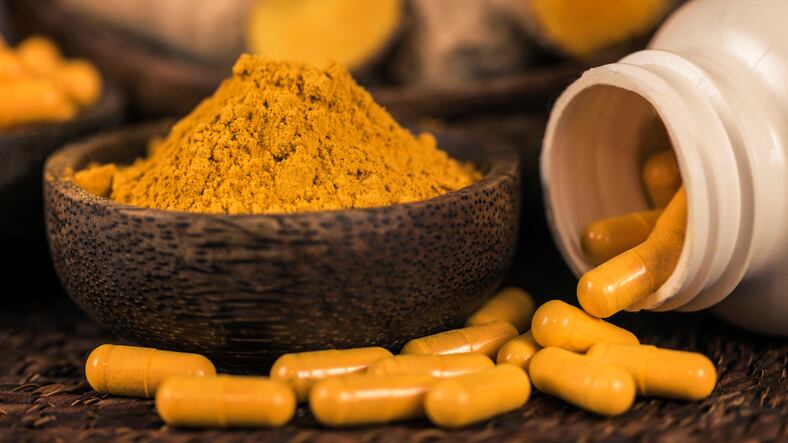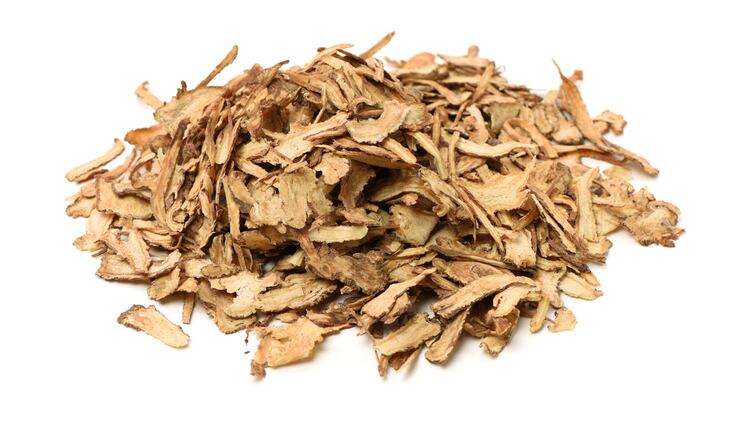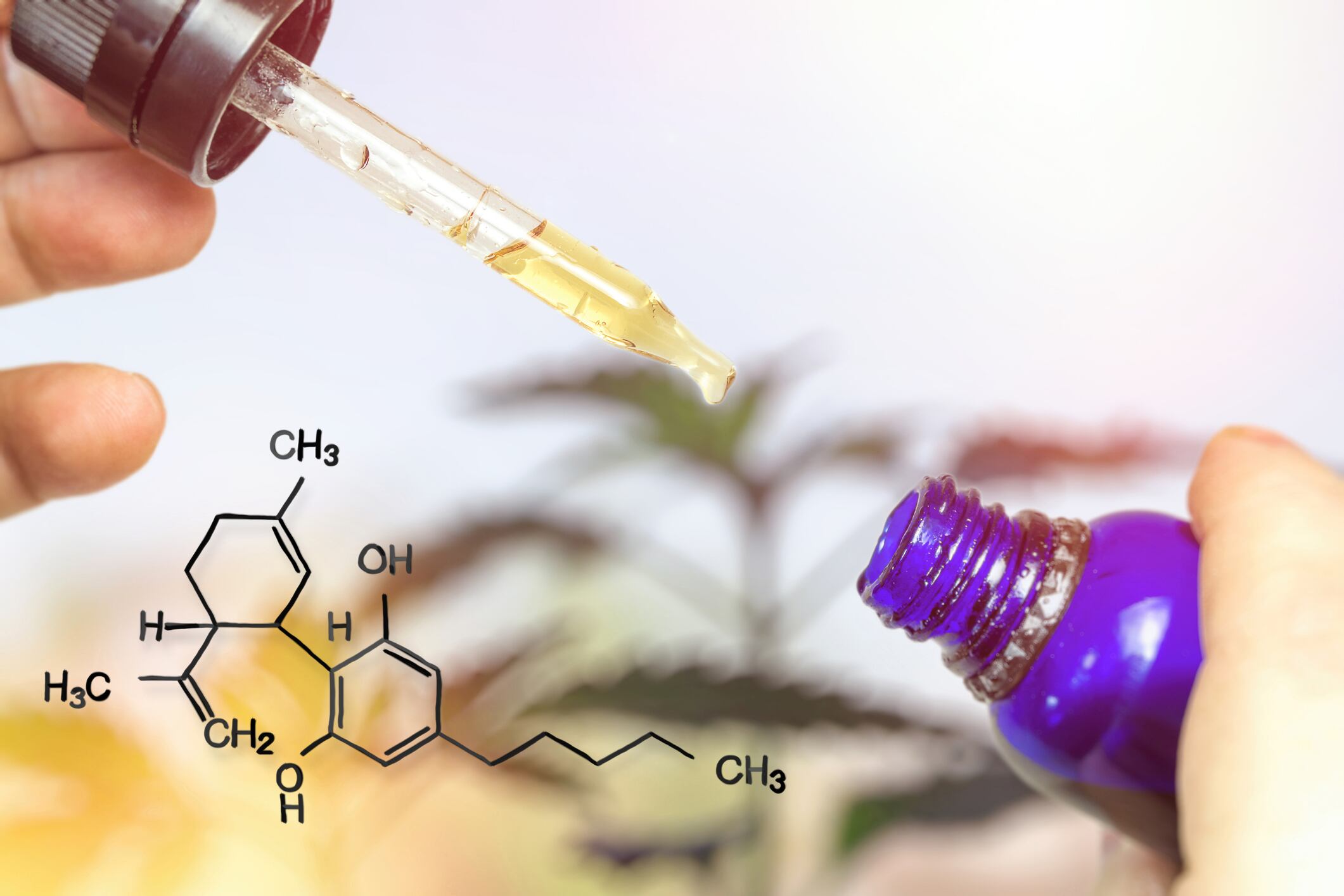According to researchers in Australia and New Zealand, curcumin could reduce levels of islet amyloid polypeptide (IAPP) and glycogen synthase kinase-3 β (GSK-3β) in the blood, which are key peptides involved in the insulin resistance in individuals at high risk of developing T2D.
Researchers say the findings may be key to understanding the potential link between insulin resistance and AD. People with T2D had a two to five times higher chance of being diagnosed with AD, said one population-based study.
Study design
In this randomised controlled trial, 29 participants (aged 30-70 years) from Australia were recruited and randomised into two groups, placebo (n=15) and curcumin (n=14).
All participants were insulin resistant, with an average fasting glucose of 5.4 ± 0.1 mmol/L and median fasting serum insulin of 9.9 (4.9) mIU/L. Participants had a median GSK-3β of 3.0 (1.7) ng/mL and median IAPP of 4.5 (2.6) ng/mL.
Participants taking any dietary supplements such as fish oil, cinnamon, probiotics, vitamin D, chromium, known to influence blood glucose levels were excluded.
Participants were tasked to consume two tablets daily over 12 weeks. The treatment group was given 180mg curcumin tablets per day, provided by Indena.
Blood samples (plasma, serum) were collected after 12 weeks, and analysed for GSK-3β and IAPP.
Effects of curcumin
After 12 weeks of curcumin supplementation, plasma GSK-3β, serum GSK-3β and IAPP levels were significantly lower in the curcumin group (p=0.00001, 0.0068, 0.0163 respectively), compared to the placebo group.
GSK-3β is involved in the hyperphosphorylation of microtubule-associated protein tau (tau), and its accumulation leads to AD.
Researchers cited previous studies where curcumin supplementation reduced GSK-3 activity, which in turn reduces tau in certain brain areas leading to the improvement memory and attention in adults aged 51–84 years.
In addition, IAPP is a pancreatic beta cell peptide which can increase GSK-3 activity. Recent studies have also indicated that the high plasma levels of IAPP correlates with AD diagnosis and brain structure.
Curcumin supplementation was found to also significantly reduce insulin resistance (p=0.0142) compared with placebo group.
As the link between AD and T2D is a relatively new and emerging area of research, researchers say their present findings could provide novel insights on the efficacy of curcumin in insulin resistance through the regulation of key peptides such as GSK-3β and IAPP.
While the findings in this study may not be applicable to other populations, as only adults with insulin resistance and high risk of T2D were studied, researchers recommend follow-up trials.
They concluded that curcumin’s widespread use as an additive and high safety profile could be a beneficial factor in the management of both T2D and AD.
Source: Nutrients
https://doi.org/10.3390/nu12041032
“Dietary Supplementation with Curcumin Reduce Circulating Levels of Glycogen Synthase Kinase-3β and Islet Amyloid Polypeptide in Adults with High Risk of Type 2 Diabetes and Alzheimer’s Disease”
Authors: Rohith N Thota, et al.




